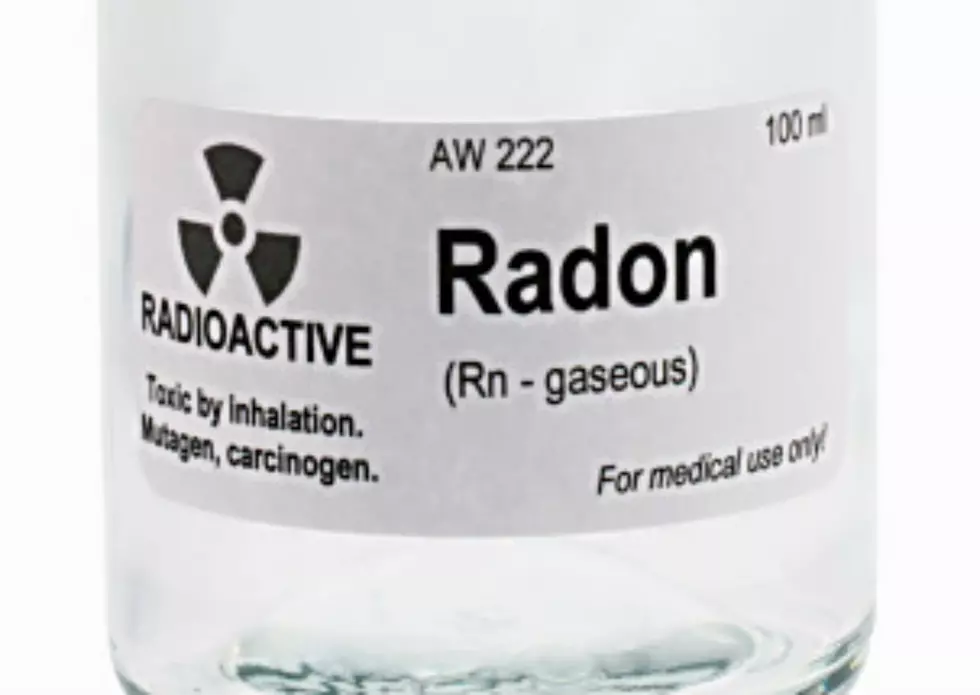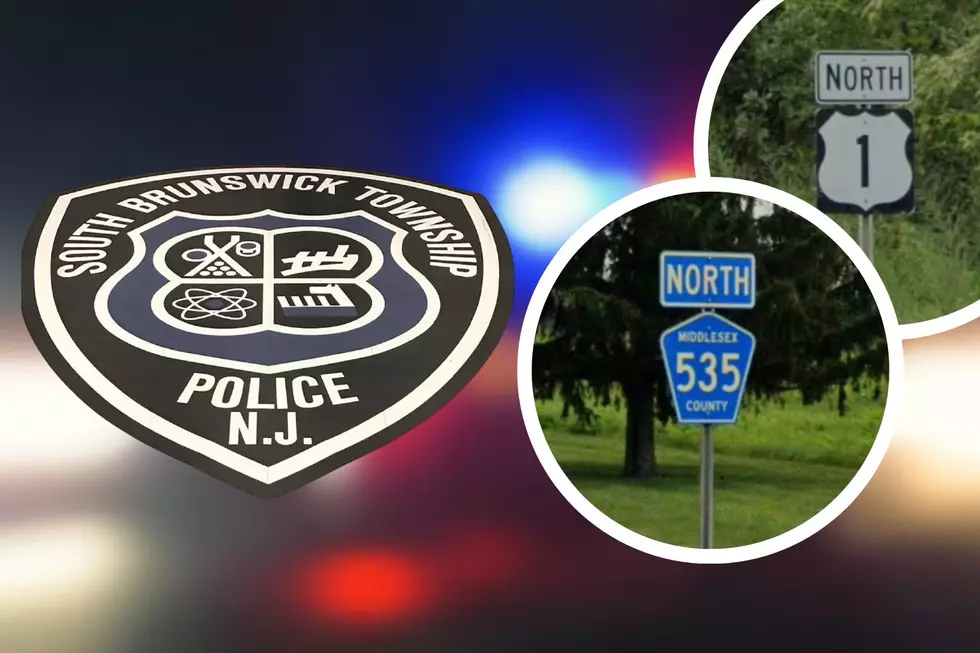
Homes, buildings should be tested for radon every 2 years
Radon claims 21,000 lives every year and can be found in the air and water. Radon is a radioactive gas borne from the breakdown of naturally occurring uranium found in rock and soil.
Jan Fisher, national sales manager at Radon Supplies in Flemington, and vice president of Citizens for Radioactive Radon Reduction, said radon is known as the "silent killer." It is odorless, tasteless and colorless and can only be detected by specialized tests.
Radon has been classified as a Class A carcinogen by the Environmental Protection Agency and can affect both humans and animals. Radon is known to cause lung cancer.
Fisher said because radon is a radioactive soil and ground gas, it can enter homes, businesses, schools, daycares and stay trapped inside.
Fisher said someone can breathe in the radon gas and its radon decay products that becomes trapped in a home. Radon can cause DNA damage in a person's lungs, thus causing radon-induced lung cancer. According to the EPA, radon is the top cause of lung cancer among non-smokers and the second leading cause of all forms of lung cancer.
New Jersey daycare centers must test in order to receive their state license and a fact sheet called the "Interpretation of Radon Testing Results" must be posted to enable parents to interpret the results.
She warned that no home, school or structure is exempt from radon unless it does not touch the ground. Radon is all over the state of New Jersey in three tiers. The state DEP has a 2015 New Jersey Radon Potential Map which can be found at nj.gov/dep/rpp/radon/radonin.htm.
Potential symptoms of radon poisoning may vary and there may not be any symptoms at all, according to radon-induced lung cancer survivors. Gloria Linnertz, founder and director of Citizens for Radioactive Radon Reduction, who lost her husband to the disease, says sometimes symptoms may be hoarseness that doesn't disappear, a nagging cough that lingers, a feeling of fatigue all the time and in rare cases coughing up blood.
Both the U.S. surgeon general and the state Department of Environmental Protection says every home and school in New Jersey should be tested for radon every two years, even if there's an active system in place.
Fisher said it's simple to test for radon yourself. The current "action level" is set at 4 picoCuries per liter. The state DEP and the EPA recommend that people take action to mitigate their homes if test results indicate radon levels at 4 pCi/L or higher.
Self-testing for radon is easy. There is a charcoal test canister kit that many New Jersey townships offer for free through a state DEP grant process. The Radon Division has a $1,000 grant on a first-come first-serve basis. This short-term test takes two to six days to complete. Mail the test to a local lab and a person will receive those results within a week.
Another self-test method is an Alpha Track Detector, which monitors radon levels from eight days to one year. This is considered a long-term test.
There are battery powered or electronic monitors that can be used to monitor homes 24/7 but the charcoal test is the most popular and the most affordable.
More from New Jersey 101.5:
More From New Jersey 101.5 FM
![Could You Have Unsafe Radon Levels in Your Home? [AUDIO]](http://townsquare.media/site/385/files/2014/05/486088911.jpg?w=980&q=75)
![Radon Action Month In New Jersey [AUDIO]](http://townsquare.media/site/385/files/2012/01/radon2.jpg?w=980&q=75)







